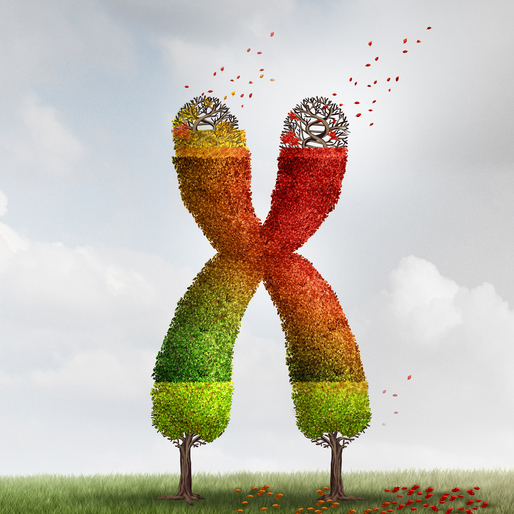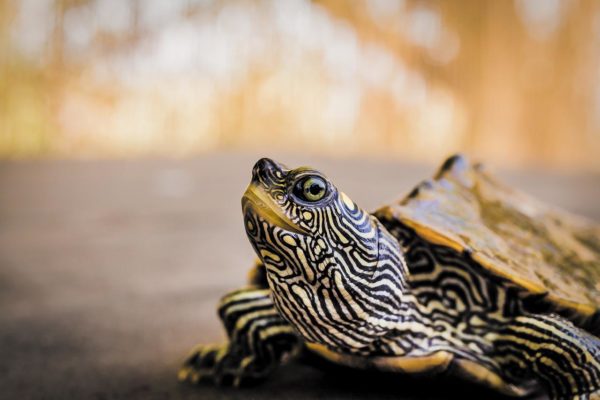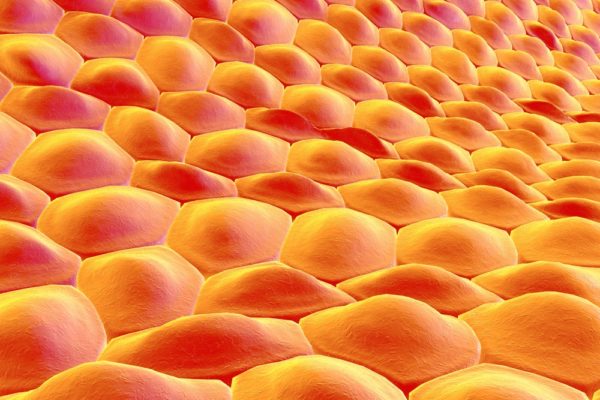Writer Fuel: Forever Young? The Adorable, Regenerating Axolotl
Name: Mexican salamander (Ambystoma mexicanum) also known as an axolotl Where it lives: Lake Xochimilco and Lake Chalco, near Mexico City What it eats: a variety of small invertebrates, along with some small fish Why it’s awesome: Despite its rarity, the axolotl’s incredibly cute looks has made it one of the world’s most famous amphibians, … Read more






